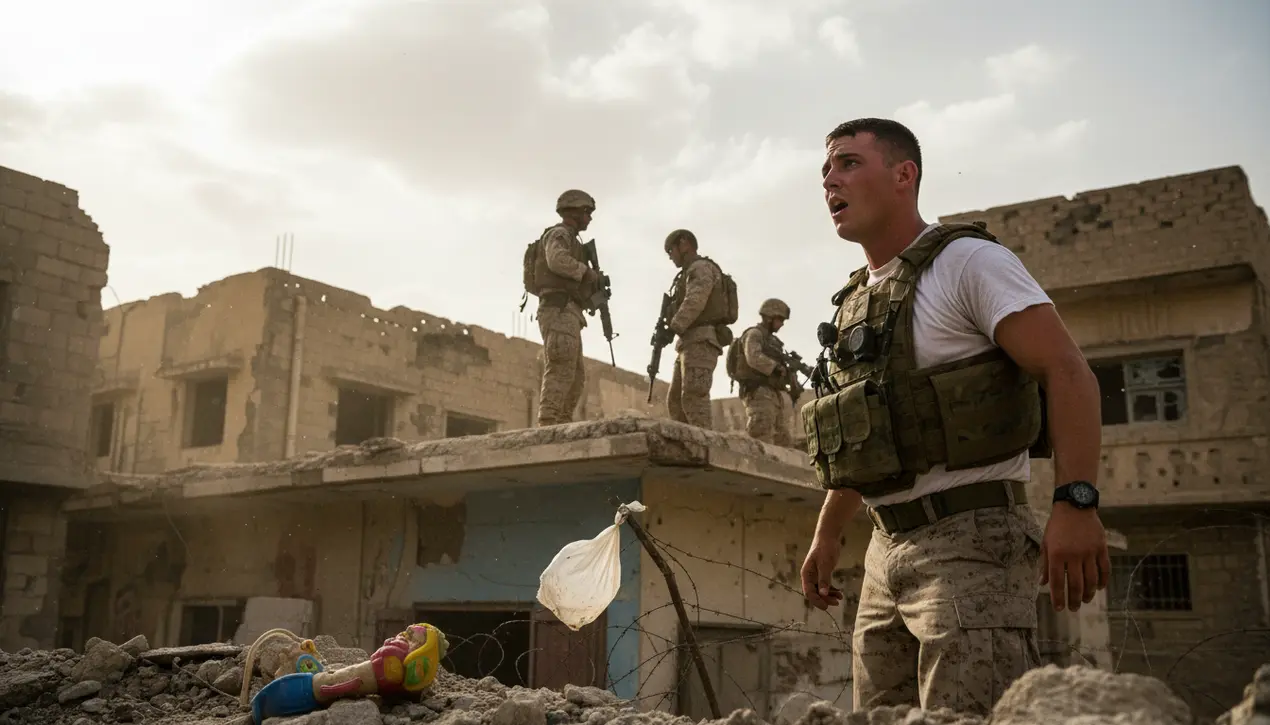
Politicsconflict & defenseWar Reports and Casualties
New Evidence in Notorious Iraq War Shooting Implicates US Marines.
OL
Oliver Scott
2 hours ago7 min read2 comments
The emergence of new evidence in the notorious Iraq War shooting case represents more than just a procedural hiccup in a long-stalled military justice process; it is a critical stress test for the entire architecture of American wartime accountability. This development, surfacing years after the initial incident that sparked the longest war crimes investigation of the conflict, threatens to unravel the official narrative and exposes the profound systemic vulnerabilities in how the U.S. holds its own forces to account in the ambiguous, high-stakes theater of counter-insurgency.For a military justice system often lauded for its discipline, such a protracted and now potentially compromised investigation points to a deeper institutional paralysis, where the imperative for moral clarity clashes with the operational fog of war and the political desire to project an image of unwavering resolve. The specific allegations, implicating U.S. Marines in an event previously characterized with a degree of finality, force a re-examination not just of a single firefight, but of the entire chain of command's response—from the immediate aftermath, through the initial investigations, and into the years of legal limbo.Analysts who track post-conflict accountability note a recurring pattern: initial outrage, followed by a grinding investigative process that often yields to political and strategic considerations, ultimately leaving victims and their families with a profound sense of injustice that fuels anti-American sentiment for generations. This case is a textbook example of a high-consequence, low-probability risk event—the kind that geopolitical risk models often flag but struggle to quantify—where a single incident, if mishandled, can inflict lasting reputational damage and undermine strategic partnerships.The potential consequences are multi-layered: domestically, it risks reigniting painful national debates about the conduct of the Iraq War and the moral burden carried by veterans; internationally, it provides potent propaganda fodder for adversaries and complicates future coalition-building by eroding trust in America's commitment to the Laws of Armed Conflict. The new evidence, therefore, is not merely a legal footnote.It is a flashpoint that illuminates the precarious balance between military necessity and humanitarian law, between protecting the troops who serve and delivering justice for those caught in the crossfire. A failure to address these revelations with transparency and rigor would not only be a miscarriage of justice for the specific victims but would also set a dangerous precedent, signaling a de facto impunity for future conflicts and creating a significant liability for U.S. global leadership. The ultimate risk is not just a historical stain, but a tangible erosion of the very norms the nation purports to defend.
#Iraq war
#US Marines
#war crimes
#investigation
#BBC
#accountability
#featured
Stay Informed. Act Smarter.
Get weekly highlights, major headlines, and expert insights — then put your knowledge to work in our live prediction markets.
Comments
Loading comments...
© 2025 Outpoll Service LTD. All rights reserved.